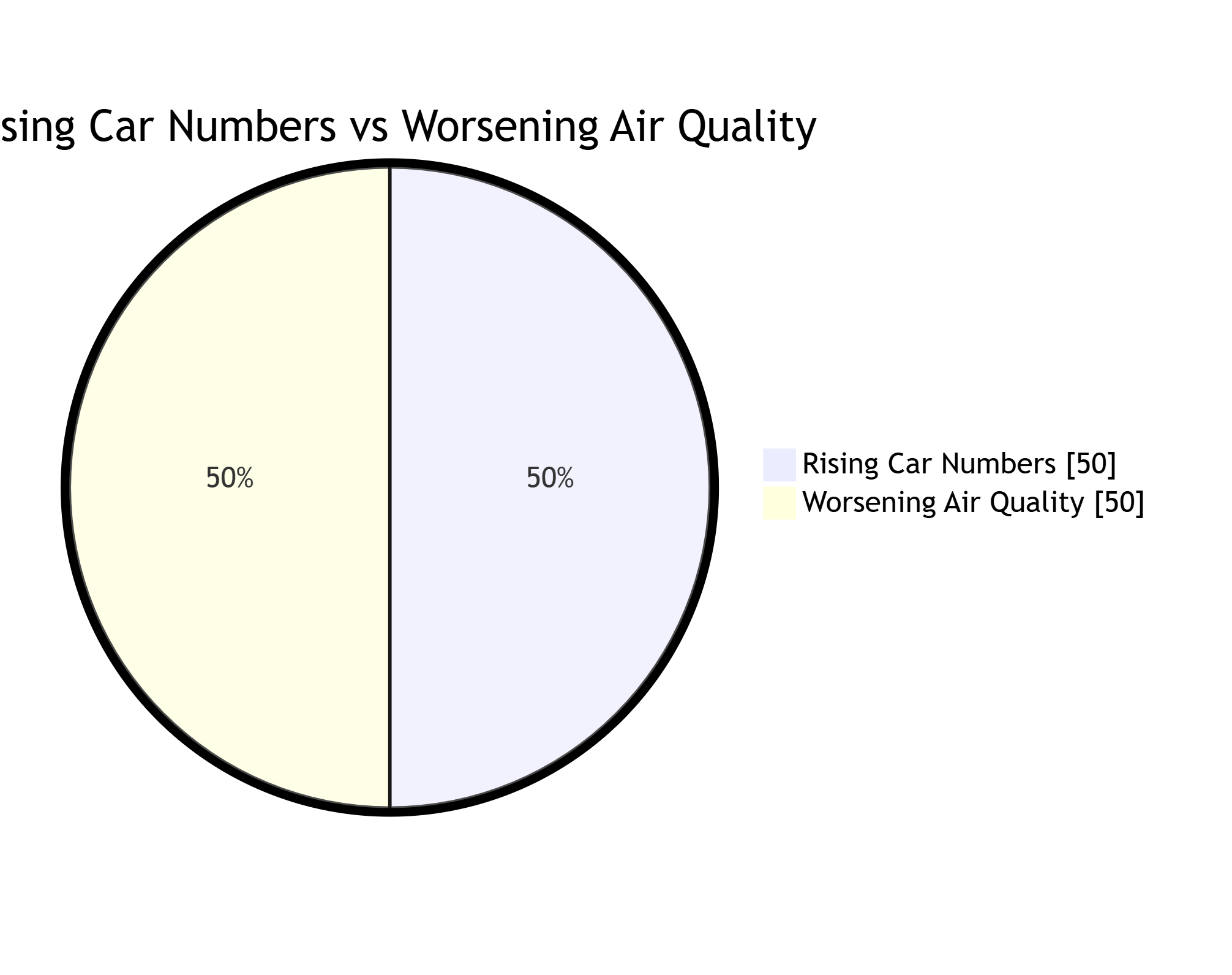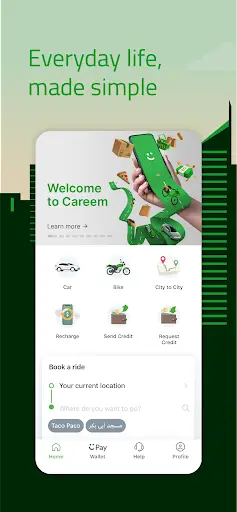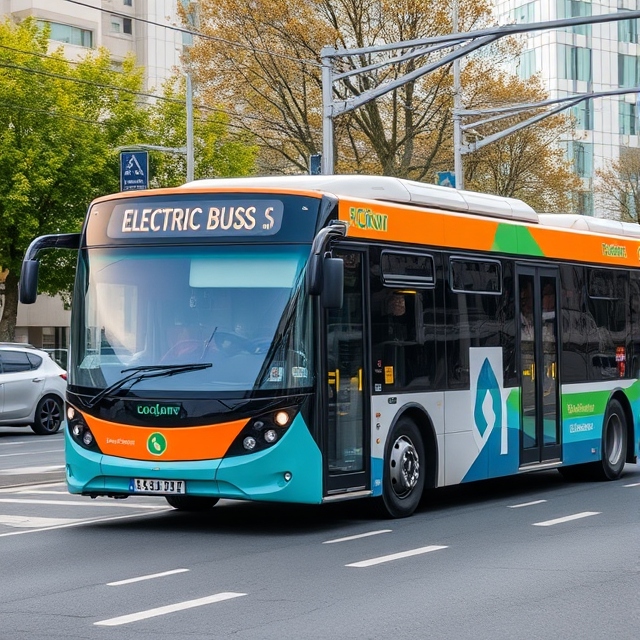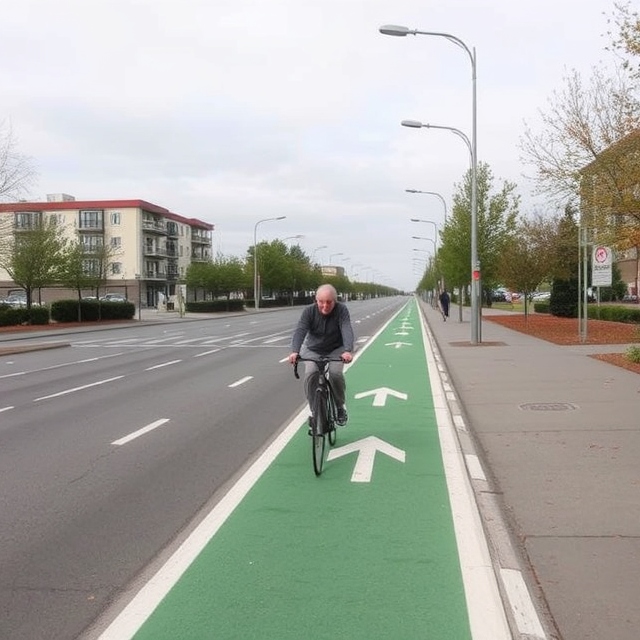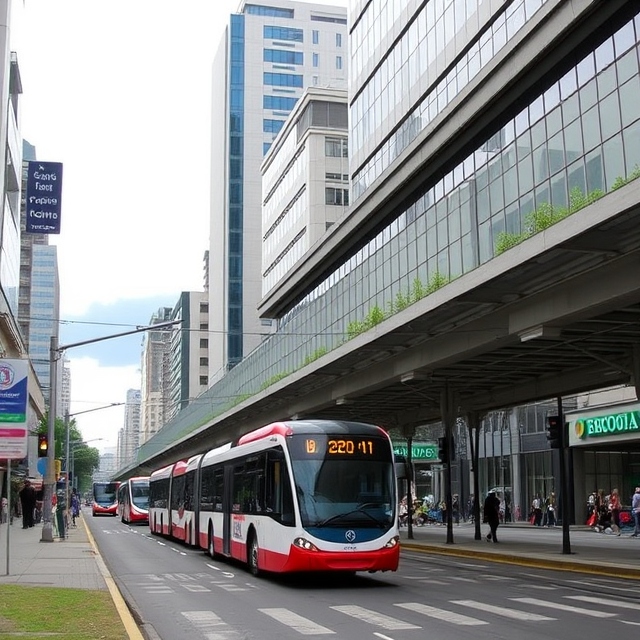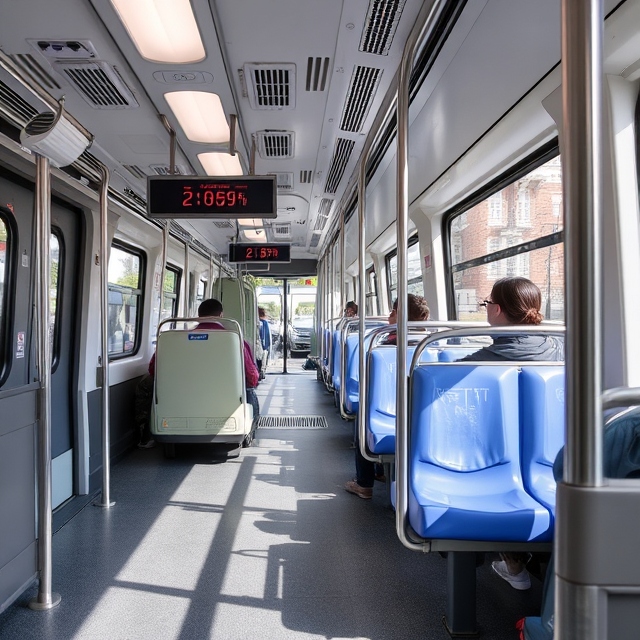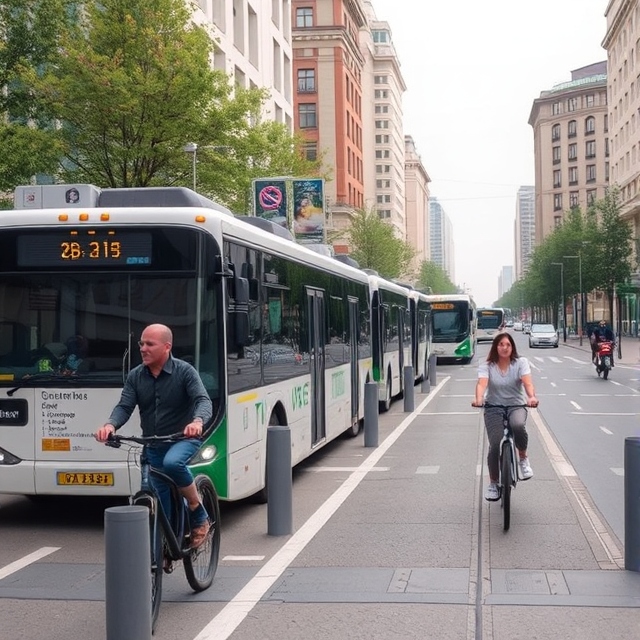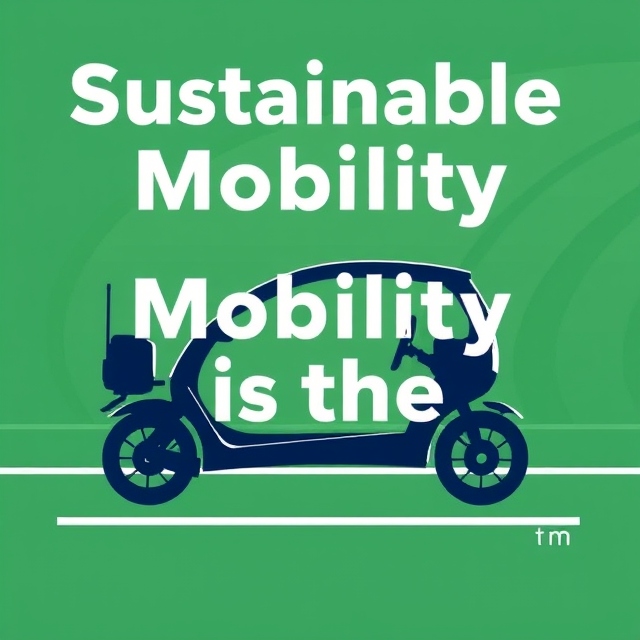1. Introduction
- Urban Challenges in Pakistan
- Severe traffic congestion in Karachi, Lahore, and Islamabad
- Increasing carbon emissions and air pollution impacting health
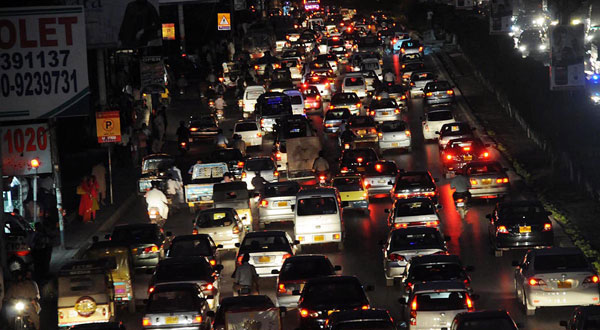
-
Focus: Sustainable mobility aligned with UN SDG 11 for greener, livable cities.
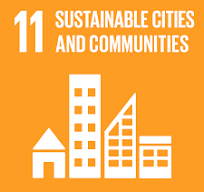
2. Research on the Problem
- Key Issues
- Traffic Congestion: Time and fuel wasted during peak hours.
- Air Pollution: Vehicles contribute 43% of urban air pollution.
- Economic Loss: Lahore loses PKR 100 billion annually due to traffic jams.
3. Proposed Sustainable Solutions
-
Electric Public Transport: Replace fuel-based buses with electric ones.
- Example: Shenzhen, China replaced 16,000 buses.
- Safe Cycling Infrastructure: Separate lanes to encourage cycling.
- Ride-Sharing Apps: Promote apps like Careem and Bykea.
- Electric Vehicles (EVs): Introduce electric rickshaws, bikes, and cars.
4. Real World Impact
-
Benefits:
- Reduced traffic congestion and air pollution.
- Improved health outcomes.
- Economic savings on fuel and traffic-related losses.
- Example: Bogotá, Colombia's BRT system moves 2 million people daily
5. Conclusion and Recommendation
-
Key Actiond:
- Launch electric buses in major cities.
- Build safe cycling lanes.
- Promote ride-sharing apps.
- Support electric vehicle adoption nationwide.
- Vision: A sustainable, green transportation future.


